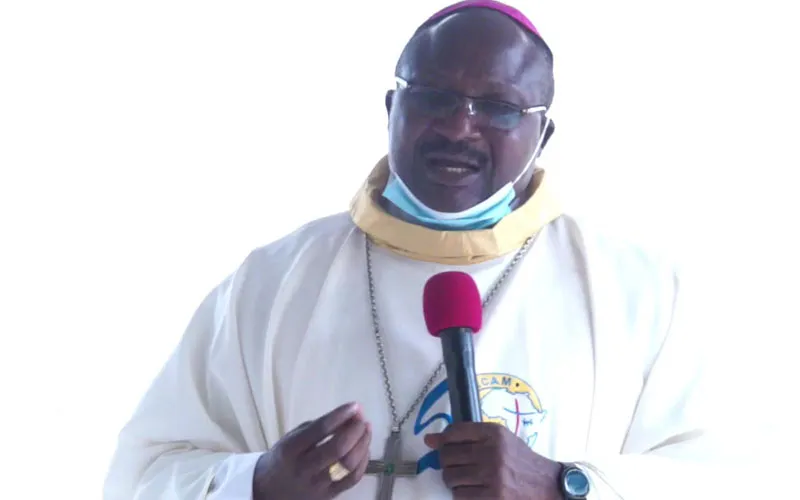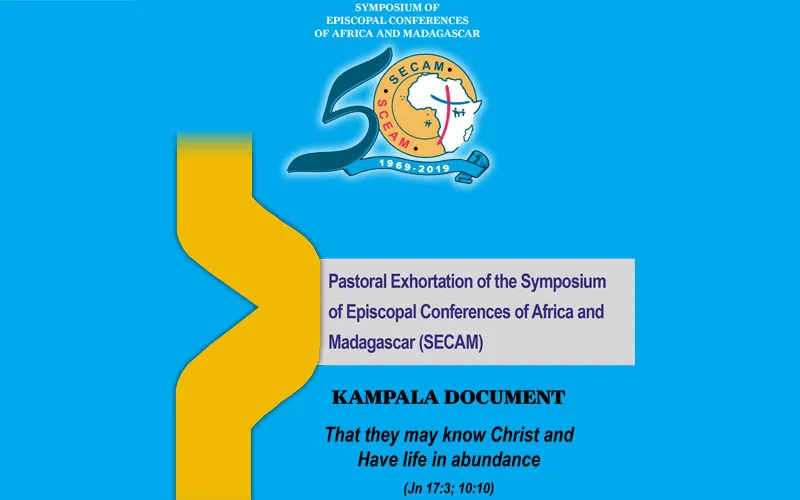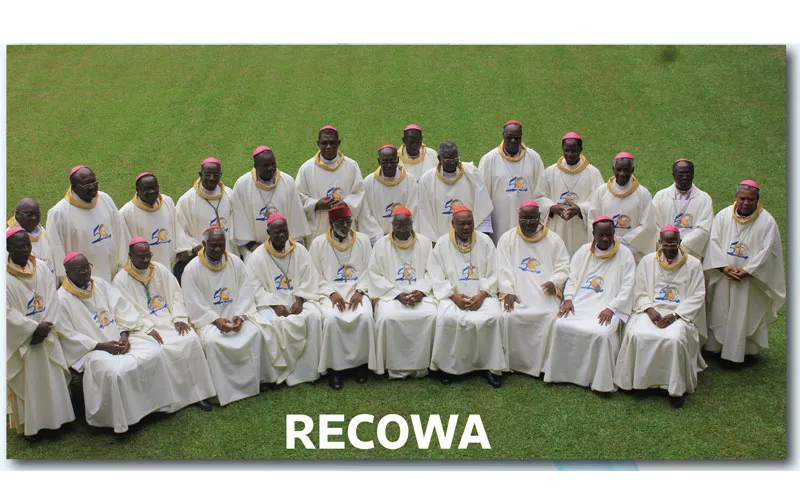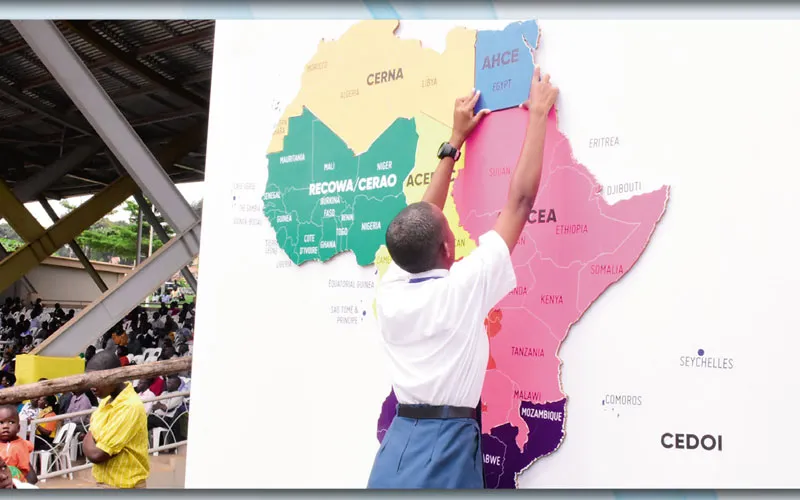“During the Jubilee year from July 2018 to July 2019, SECAM invited us, that is, the Church family of God in Africa to welcome Christ our Savior. And now, in this Kampala Document, SECAM has invited us to listen continually to our Lord Jesus Christ whom we have welcomed and to embrace, accept, believe in and live by his teachings in the Gospel,” Fr. Louis said.
He added, “When we do this, we are sure to receive the abundance of the life that he came to give us.”
Divided into four parts, the Kampala Document is an invitation “to recognize that Jesus came among us in Africa” and calls for the renewal of a more proactive missionary engagement throughout the continent.

It also provides an analysis of the socio-cultural, political, economic, ethical and ecological challenges confronting the continent today and goes ahead to call for repentance of sins committed by people to alleviate the suffering on the continent.
(Story continues below)
The Document is addressed to all members of the Church-family of God in Africa and the surrounding Islands including Bishops, Priests, Deacons, Religious Men and Women and the Lay Faithful.
In the document, the Catholic Bishops in Africa and Madagascar appeal to Catholics in their areas of jurisdiction to carry out their evangelization mandate not only by word but by their lives and their actions in order to lead others to Christ.

It provides guidelines, which are necessary for an evangelizing mission that is based on the example of Jesus Christ and supports the building of “a new Africa centred on God,” according to Bishop Kumordji who explained the contents of the document.
“The envisaged new Africa is one where the baptized, aware that their identity and vocation are intimately linked to the person of Jesus Christ, become like the leaven of the kingdom that the Church takes and buries in the dough of African society,” the Prelate said.
He continued, “To this end, the Document serves as a pastoral instrument for intensified missionary commitment on the part of all agents of evangelization in Africa and the Islands both as individuals and as groups.”
He noted that the proclamation of the Word is more effective when lived in daily lives and urged Christians to let their lives bring out the Gospel and exhibit the qualities of the Good Shepherd.

The document says that all Christians, by virtue of their baptism, are called to proclaim the message of Christ and let others discover Christ.
The Document also urges members of the Clergy to treat the Laity with respect and give them the opportunity to contribute meaningfully to the growth of the Church.
Further, it calls on Christian politicians to set good examples by bringing their faith to bear on their political life and avoid politics of polarization.
“Our Christian mission is capable of uniting us,” Bishop Kumordji said.

Providing the political context of his home country Ghana, the member of the Society of the Divine Word (SVD) added, “We see the political polarization in Ghana. We have said that the winner takes it all. In our society, they look at the colour of your skin and just by asking your name, they decide that you belong to one political group or the other. This is not good.”
“I think it is time for us to unite. We Christians must show that we are one. Even if we don’t agree on one thing, it doesn’t mean that we are enemies. Now we don’t know where to go because there is polarization everywhere, in our education, in agriculture and even in our homes,” the Bishop said during the unveiling of the Kampala Document at SECAM Secretariat in Accra, Ghana.
There is also a call for Christian politicians, rulers and those who hold various public offices to put an end to “a dichotomy between faith and politics, the kingdom of God and the transformation of the earth, salvation of souls and terrestrial life, contemplation and action,” he said.

In this connection, all members of the Church in Africa, Madagascar and the Islands are urged to continue resisting all vices and remain faithful to the Gospel.
On their part, media practitioners are invited to use the media to spread the truth and not falsehood, “to propose the beautiful, and not the ugly.”
Agnes Aineah is a Kenyan journalist with a background in digital and newspaper reporting. She holds a Master of Arts in Digital Journalism from the Aga Khan University, Graduate School of Media and Communications and a Bachelor's Degree in Linguistics, Media and Communications from Kenya's Moi University. Agnes currently serves as a journalist for ACI Africa.
















